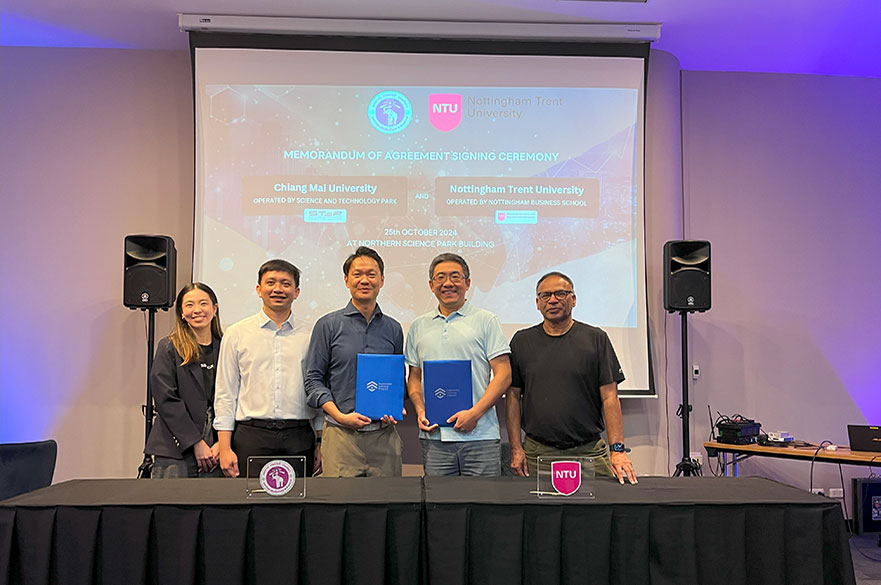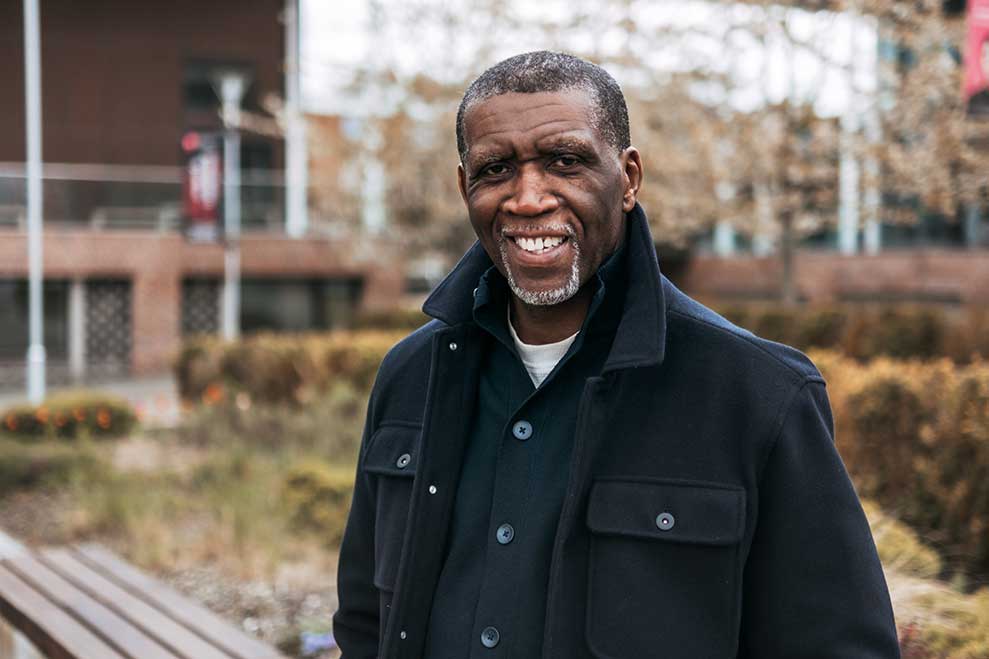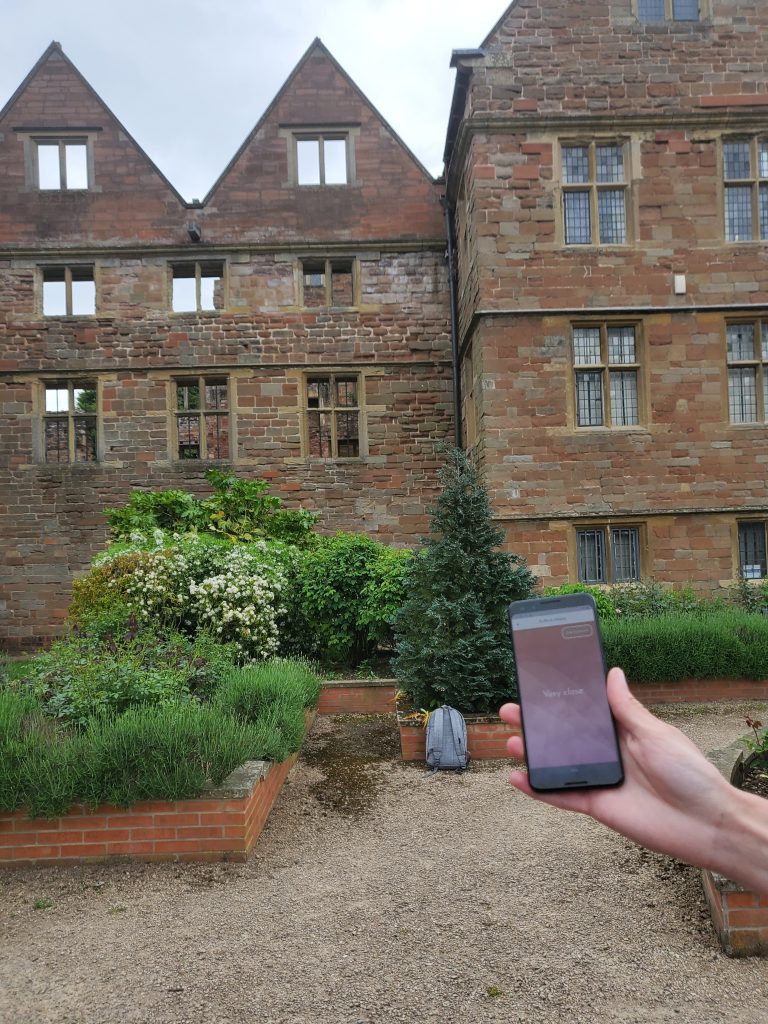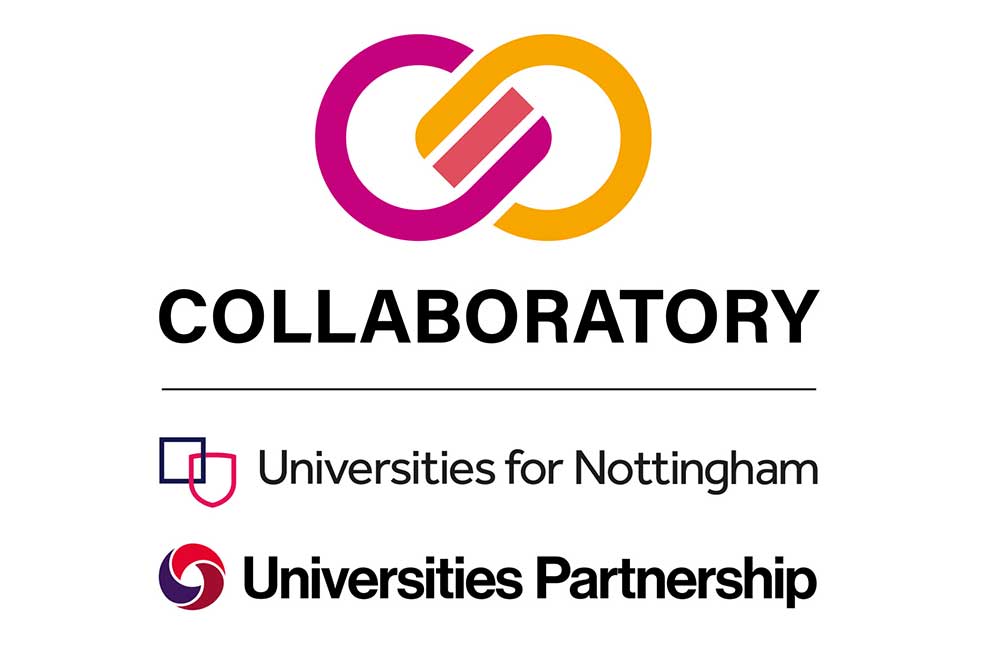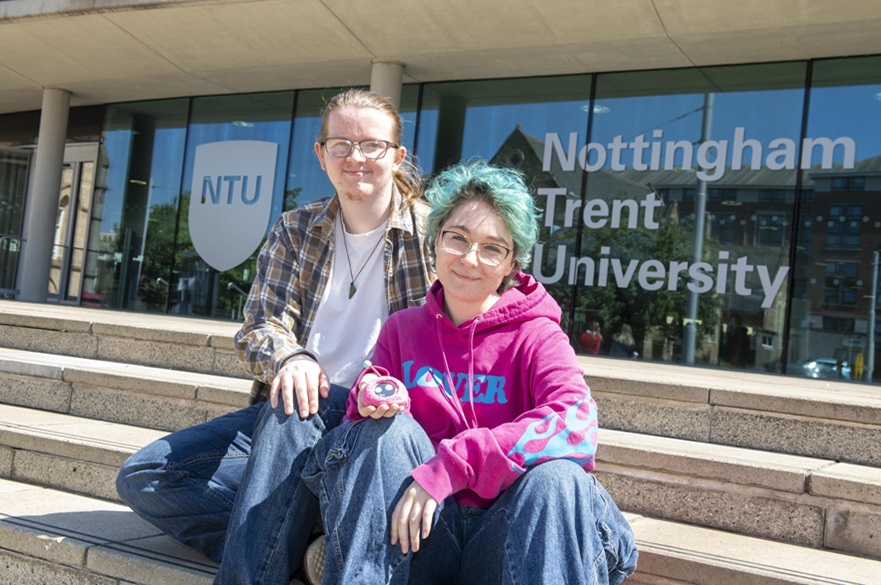New research from Cardiff Metropolitan University and Lancaster University has revealed how older adults experience less muscle soreness after exercise compared to younger individuals – along with the health benefits of maintaining a fit and healthy lifestyle later in life.
In a recent article for The Conversation, Dr John Fernandes, Senior Lecturer in Sport and Exercise Science at Cardiff Met and Lawrence Hayes, Lecturer in Physiology from Lancaster University share the findings from a recent study…
“Only 2% of people over the age of 70 strength train at least twice a week. This is worrying, as age-related muscle loss can increase risk of social isolation, falls, loss of independence and even early death.
There are many reasons why older people may avoid strength training, such as a lack of knowledge about exercise, lack of access to a gym and stigma. Another major reason is the fear that exercise might make their muscles and joints even more sore than they already are.
But the good news is that older adults are no more likely to experience muscle soreness after a workout than young adults are. In fact, our recent study found older adults actually experienced less muscle soreness following exercise than young adults did. This research overturns the widespread belief that ageing muscles are less resilient.
We pooled data from 36 studies which looked at a total of 389 younger adults and 390 older adults with the aim of comparing their experiences of exercise-induced muscle damage. We analysed three different types of studies in our research, including those where participants self-reported on their muscle soreness, studies which looked at markers of muscle damage in the blood, and studies which analysed muscle function the day after a workout.
We found that older adults do not experience greater muscle function loss after exercise compared with younger people. Maybe most importantly, muscle soreness was consistently lower in older adults after a workout. Older adults experienced only two-thirds of the soreness younger people did at 48 hours, and only one-third of the muscle soreness at 72 hours compared with younger people.
Because we looked at 36 different studies, not all of them compared the same age groups. But they generally compared younger adults (people in their 20s) to older adults (people aged between 30 and 60).
We also found that biological sex appeared to play a role in muscle function recovery, with males showing slightly greater losses in muscle function after exercise than females. This effect was true for both upper body and lower body exercises, as well as body strength and aerobic workouts.
These findings challenge the widespread belief that ageing muscles recover more slowly or are more prone to exercise-induced damage. This misconception often discourages older adults from engaging in regular physical activity due to fears of prolonged soreness or weakness. The findings also show us that older adults may not need longer recovery periods between workouts – potentially allowing for more frequent or intense training sessions, leading to better long-term health outcomes.
How to get started
Although our study shows that older adults are no more likely to experience muscle damage compared to younger adults, this doesn’t mean older people won’t experience some soreness when they start working out.
There are two important factors that can increase muscle damage (including soreness) after exercise.
The first is novelty. If you haven’t done a particular exercise before (or even for a long time) then it’s more likely you’ll feel sore for a couple of days afterwards if you overdo it. This happens because a new movement or type of exercise challenges our muscles. This causes the body to trigger a cascade of processes that build new muscle. While this temporarily makes us sore, it ultimately makes it easier for us to cope when we do that exercise again.
The second are “eccentric” muscle contractions. What we mean by eccentric contractions is when you’re attempting to slow down a weight (imagine the downwards phase of a bicep curl – your bicep is working to slow the bar from dropping to the floor). Another example of an eccentric muscle movement is downhill running.
Eccentric muscle contractions cause more damage than other movements mainly because they subject the muscle fibers to exceptionally high force loads, which is often distributed unevenly. This can overstretch and disrupt the integrity of our muscles, causing stress and damage. But while this leads to soreness in the short-term, these changes ultimately make us stronger.
To overcome the problem of being new to exercise, you should ease yourself into a new exercise programme. The couch to 5K programme is a great example of this. This programme guides people to build their aerobic fitness gradually.
So for instance, you might start by going for a 5-minute walk on Monday. If you feel okay on Wednesday, you might try a 10-minute walk instead. This means that every walk is only five additional minutes of novel exercise, allowing your body to gradually build fitness without too much risk of soreness.
The same principle applies to the eccentric exercises we might do while strength training. Start easy. For an older beginner, just standing up from a chair and returning to seated can be a starting point. This is a very useful movement as it uses our main leg muscles. Being able to raise from a chair is also a huge predictor of independence in later life. Another benefit of this exercise is that you can always return to the seat if you lose balance – so it is quite safe.
If you can do five of these in a row on Tuesday, see you if you can do two lots (we call these sets) of five on Thursday. Much like aerobic fitness, you’ll soon improve your muscle strength. For the upper body, raising light weights above your head and back down to your lap can be a start. You could also use tins of unopened beans if you don’t have any equipment at home. Try to do these strength-based activities at least two days per week.
The findings of our study and many others suggest exercise has no age limit. Move more to live longer and healthier. Aim for 150 minutes of activity each week, add strength training twice per week – and most importantly, find a workout you love. When you enjoy it, you’re more likely to stick with it.”

